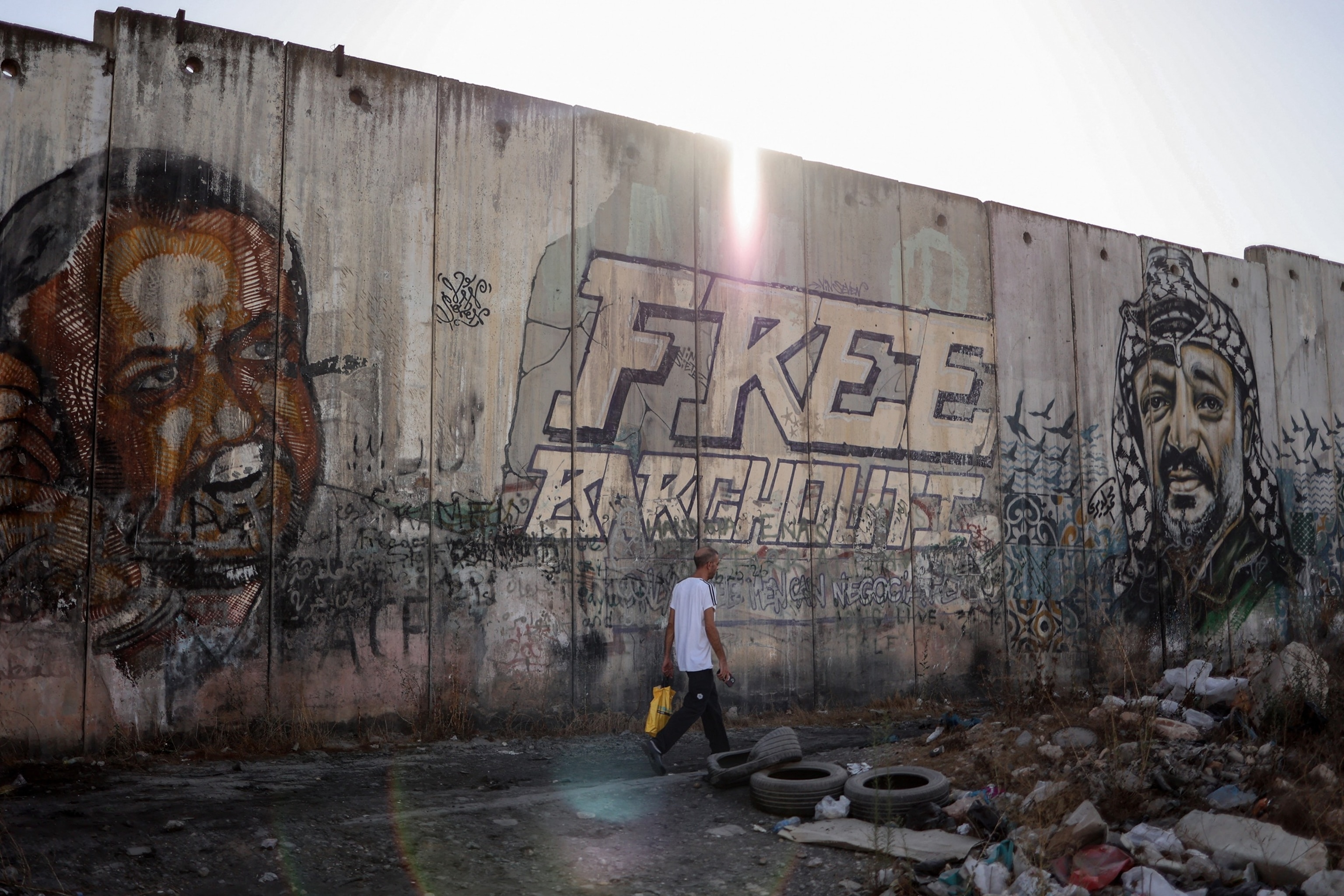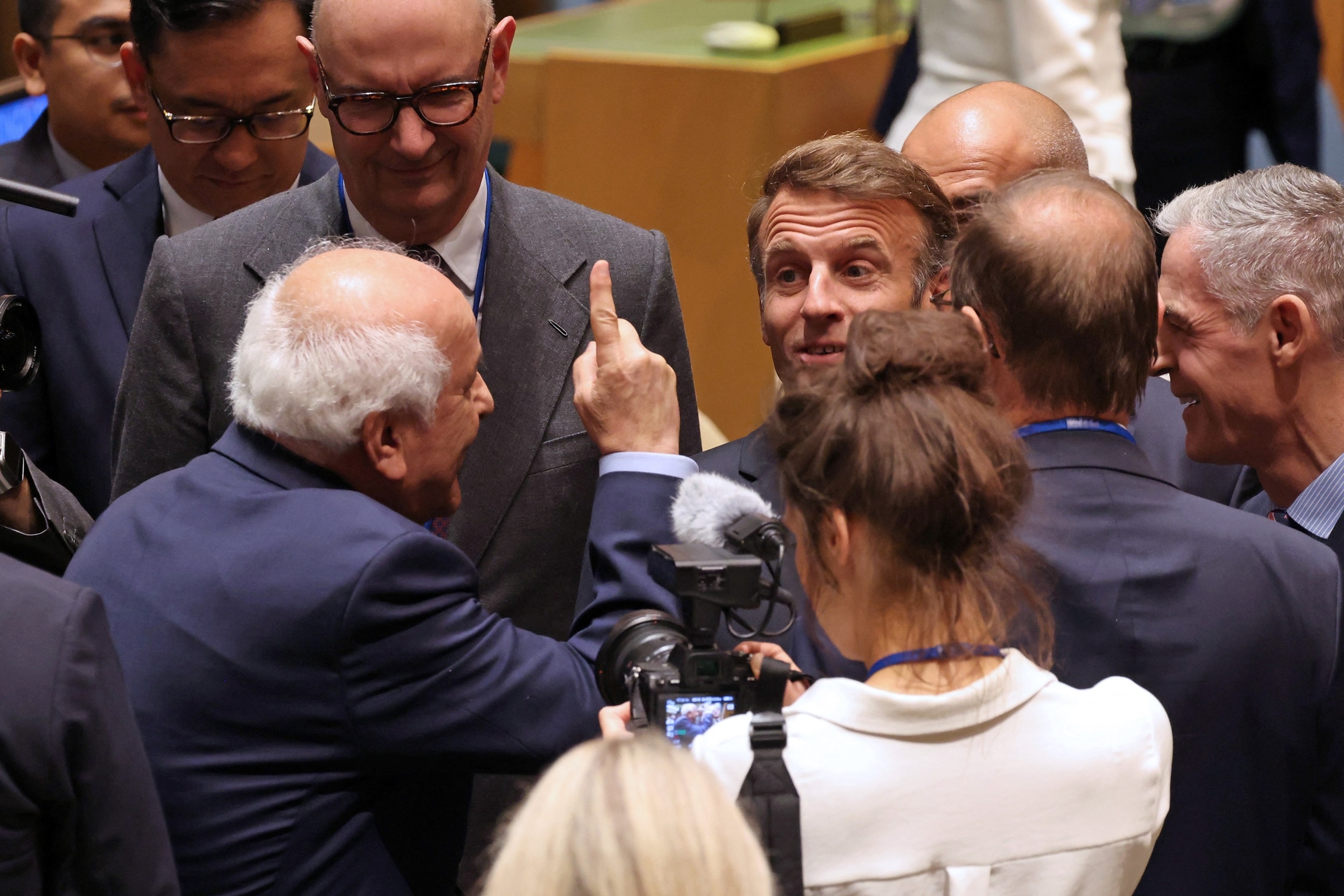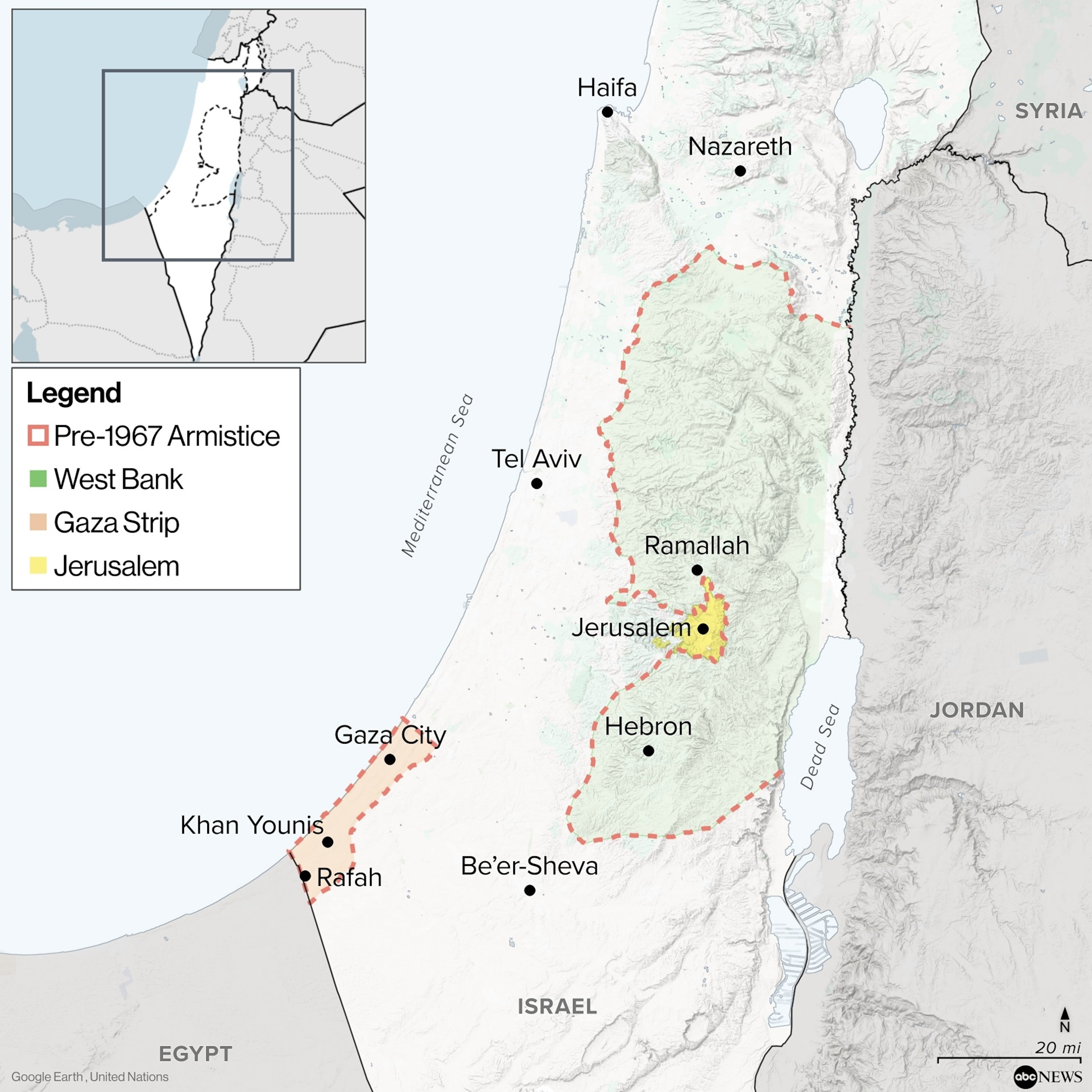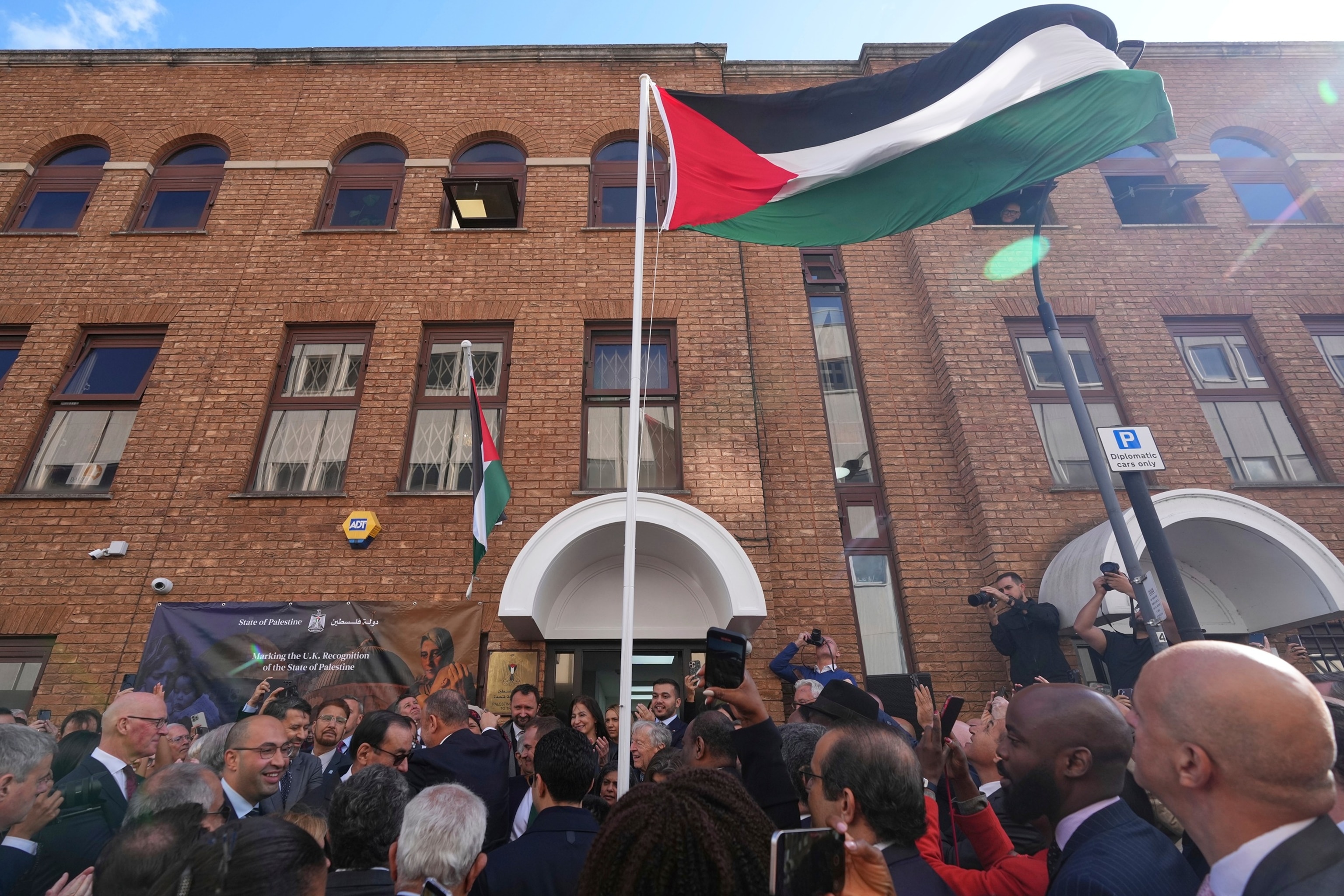

Dozens of world leaders gathering in New York for the 80th United Nation's General Assembly came together to voice their support for the creation of a Palestinian state on Monday, kicking off the week of high-level diplomacy with a forceful push aimed at renewing efforts to resolve the Israel-Palestinian conflict once and for all.
"We've gathered here because the time has come," French President Emmanuel Macron said after declaring that France would officially recognize a Palestinian state.
"The time for peace has come because we're just a few moments away from no longer being able to seize peace," Macron continued. "Some might say it's too late. Others might say it's too early. But one thing is certain: we can no longer wait."
But beyond timing, there are several other factors that limit the impact of decisions from France, the United Kingdom, Belgium and other world powers to formally recognize Palestinian statehood, including what territory it would be made from and how it would be governed -- as well as staunch opposition from the U.S. and Israel.

Moments before Monday's conference on a two-state solution began, Israel's permanent representative to the U.N., Danny Danon, spoke to cameras about the meeting hosted by France and Saudi Arabia, dismissing it as a political performance.
"This is a theater because we all know it is detached from reality. While Macron and his colleagues will celebrate, 48 hostages will stay in captivity in Gaza. We know that this conference, it came to life from domestic interests. It is not diplomacy," he said.
Danon also said the U.S. and Israel, which both boycotted the meeting, would push back. "We will continue to coordinate our efforts. Both the U.S. and Israel will not participate in the charade," he declared.
The White House and the president himself have also repeatedly criticized efforts to galvanize support for Palestinian statehood, slamming the decision by France and other nations as rewarding Hamas, which the U.S, has designated a terrorist organization, while also dismissing them as empty gestures.
But some officials and analysts are concerned that even if the growing number of nations moving to recognize a Palestinian state amounts only to a symbolic gesture, it could result in real consequences if Israeli Prime Minister Benjamin Netanyahu opts to retaliate.

"There will be no Palestinian state," Netanyahu said in a statement on Sunday, while insisting Israel would continue to expand settlements in the West Bank.
"For years, I have prevented the establishment of this terrorist state in the face of enormous pressure both from within and without," he said.
Even before the latest push, the majority of U.N. members recognized a Palestinian state. In 2012, it won U.N. observer-state status within the body by a vote of 138-9 with 41 abstentions, a diplomatic setback for the U.S. and Israel which opposed the move.
In the wake of the Gaza war, there have been renewed efforts to secure full membership in the U.N. for Palestine, but the U.S. -- one of the five permanent members of the body's powerful Security Council -- vetoed a measure to upgrade its status in 2024.
While more than 150 countries now recognize a Palestinian state, there is not a consensus on the exact territory it should hold.
The United Nations and the Palestinian Authority have generally held that the borders dividing Israel from the West Bank and Gaza before the Six-Day War of 1967 should be the jumping off point for territorial negotiations, with the possibility for some negotiated land swaps.

However, Israel has repeatedly said it would not withdraw to pre-1967 lines, arguing they are not legally binding, that they were never intended to be permanent international borders, and that it would put major Israeli population centers in the line of potential short-range missile fire.
Beyond land, another issue is leadership. Through the nearly two years of fighting following Hamas' attacks of Oct. 7, 2023, the U.S., Israel and other world powers have not been able to present a common vision for the future of Palestinian governance.
The Palestinian Authority is often seen as the default when it comes to handling diplomatic matters, but both Biden and Trump officials -- as well as many Palestinians -- have dismissed the PA as weak and corrupt and no election has been held in Gaza or the West Bank since 2006.

Throughout history, new nations have typically emerged at the conclusion of wars -- not during them.
Israel's military campaign in Gaza has only shown signs of intensifying over recent months, and efforts to negotiate a peace appear all but stalled.
"We call for a permanent ceasefire," Palestinian President Mahmoud Abbas declared during Monday's meeting. "We need to guarantee the release of hostages, all hostages and prisoners with the withdrawal of the occupation forces from Gaza."
Abbas also commended the France and other nations for recognizing Palestinian statehood, but PA officials have also expressed a desire to see European leaders take additional action aimed at ending the war in Gaza and mitigating its impacts -- including by levying economic sanctions against Israel, taking steps aimed at ramping up humanitarian assistance, and accepting more Palestinian refugees in their countries.
